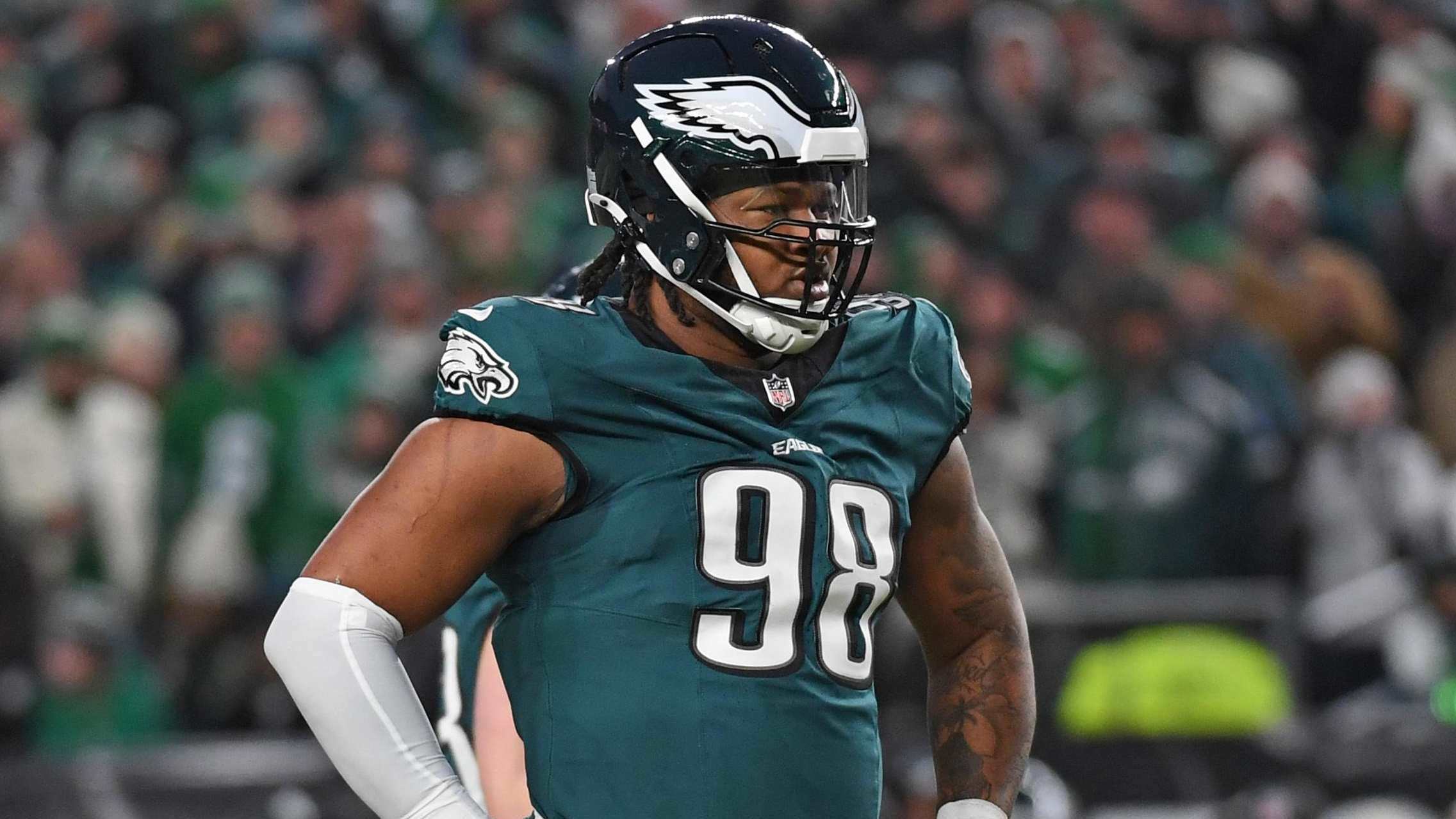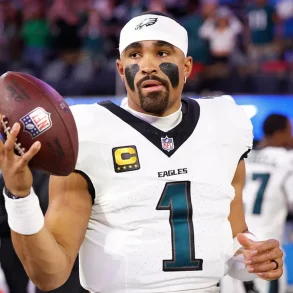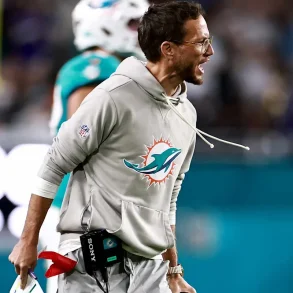As training camp approaches, the Philadelphia Eagles have their sights set on another Super Bowl run in 2025. The team has aggressively revamped its roster through strategic contract extensions and targeted free-agent acquisitions.
Despite spending heavily, General Manager Howie Roseman has managed to preserve the team’s salary cap flexibility—a testament to his skillful financial planning. The Eagles remain a top contender in the NFC thanks to a well-calculated blend of veteran stability and emerging talent.
Roseman Eyes Early Extensions to Secure Core Talent and Avoid Future Contract Conflicts
Roseman’s balancing act between aggressive roster building and responsible cap management continues to pay off. His long-term strategy involves signing rising stars early to avoid future contract battles, a move that has historically benefited the franchise.
With limited NFL news during the offseason, attention has turned to what lies ahead, particularly how the Eagles plan to handle upcoming extensions for some of their most promising young players.

One standout candidate for an early extension is Jalen Carter, a dominant interior defensive lineman and 2023 Pro Bowler. Drafted ninth overall out of Georgia, Carter quickly became a cornerstone of the Eagles’ defense.
While still under contract through at least 2026 (or 2027 with the fifth-year option), Carter becomes eligible for an extension this year. Given Roseman’s track record, an early deal for Carter is expected if his elite performance continues.
Projected Mega Deal Could Secure Carter Long-Term While Maximizing Cap Flexibility and Value
With the NFL salary cap set to increase, Carter could command a deal close to the top of the market. Although he may not yet match Chris Jones’ record-setting $31.75 million APY, Carter’s projected contract—four years, $120 million with $72 million guaranteed—would still place him second among interior defensive linemen.
This deal would surpass the guarantees given to peers like Christian Wilkins and Milton Williams and reward Carter’s youth and production.
Roseman is likely to structure Carter’s contract similarly to recent Eagles deals: low base salary, heavy use of signing/option bonuses, and multiple void years to mitigate cap hits. This strategy would keep Carter in Philadelphia through 2030, reducing future contract uncertainty.
While committing massive money to a third-year player poses some risk, acting early has historically been the smarter move for teams. If Carter continues his trajectory, the reward could far outweigh the gamble.







